Post Section
May 02, 2025
— Summary of the Thematic Conference on “AI Empowering Enterprise Innovation and Development”
2nd Artificial Intelligence Industry Application Conference & Launch Ceremony of the Top 100 AI Application Benchmarks and New Quality Wealth Creation Competition
— Summary of the Thematic Conference on “AI Empowering Enterprise Innovation and Development”
Date: December 27, 2024
At this conference, several speakers discussed the theme of "AI Empowering Enterprise Innovation and Development" from multiple perspectives. The following is a summary of the key points and insights:
Wang Faxin – Host of AI Summit, AI Talent Headhunter Expert
1 Younger Teams & Small Group Units
Wang emphasized that in the AI era, companies will increasingly be composed of small, agile teams with younger members. He cited OpenAI's 12 live broadcasts at the end of 2024 as examples, noting that many successful projects were built by young graduates from Ivy League universities. Their vitality and fresh thinking are significant advantages in today’s environment.
2 Enterprises Must Adapt and Efficiently Use AI
Wang highlighted the importance of leveraging AI to transform organizations. For instance, OpenAI, valued at $150 billion, has fewer than 600 human employees, while Meituan—a company of similar market value—has over 60,000 employees (excluding delivery personnel). This contrast highlights the need for Chinese enterprises to rethink their organizational structure and labor strategies in the AI era.
3 The Rise of Interdisciplinary “Snowflake-Shaped” Talent
Talent recruitment is shifting from traditional T-shaped skill profiles to snowflake-shaped ones. That is, the AI era emphasizes the rise of "super individuals"—people with comprehensive abilities. For example, product managers need marketing insight, and programmers must understand market trends. Innovation increasingly comes from interdisciplinary research, which also means teams should be lean but specialized.
Qian Yu – Chief Industry Researcher, Zhongguancun Intelligent AI Research Institute
1 Keep Learning and Understand the Trends
Qian stressed that continuous learning is key in the AI era due to rapid iteration. For example, the once-hot job of “prompt engineer” became less relevant in under two years. As ChatGPT evolved, it became capable of deeply understanding and solving user queries without complex prompting. Therefore, understanding AI development trends and continuously updating one’s skills is essential for sustainable growth.
Wang Zhengxin – Executive VP, NPLUS DIGITAL
1 AI Reduces Pressure and Costs While Enabling R&D
Wang shared that AI is transforming company operations and encourages people to learn to "live happily" by making good use of AI. He recounted an experience at an ad agency: when a poster project was nearly forgotten with only 4 hours to deadline, he and his team used AI tools to generate high-quality copy and visuals in just 2 hours—exceeding expectations. His company has since significantly reduced headcount and reallocated funds to develop an AI lab.
Zhang Zhengming – AI Summit Host, Startup Coach
1 All Employees Should Master AI Tools
Zhang concluded that large companies should empower their operations with AI and that every employee should be proficient in using AI. It’s not enough for only the boss to understand AI—everyone in the organization must adapt and embrace these tools.
Conclusion
All four speakers agreed that the AI era brings both major opportunities and challenges. Companies must align with the direction of the times, adjust strategies proactively, embrace AI, and foster interdisciplinary, comprehensive talent. Only by embracing transformation and harnessing the power of AI can enterprises remain competitive in this era of rapid iteration.




